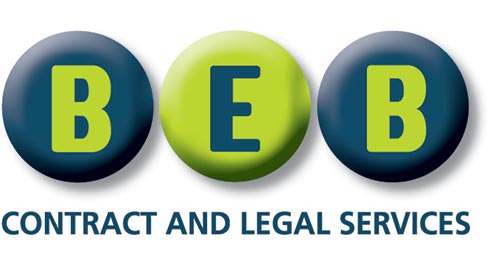These uncertain times have forced business owners to start thinking differently, whether that is by changing the way they are working, no office working for example and adapting to working from home. Many businesses are also thinking of ways they can continue trading whilst we are social distancing. A business like ours for example can be done remotely, technology allows us to continue trading and being able to offer the same service that we always have. The training side, which is usually face to face is now being moved online and this is what this blog is about.
Business is still going on, there are still many businesses still trading and the majority of this is online. Granted revenue may be taking a dip, that is inevitable but perhaps the quieter times could be used to ensure you have all your ducks in a row. Make sure that your current terms and conditions reflect your actual business, have there been changes recently irrespective of the pandemic?
The absolute beauty of moving your business online and trading virtually is that you can do this from anywhere, you could be in the Caribbean, in your holiday home, or continuing working in your kitchen. The latter is the most likely for the foreseeable though. There are many other benefits, like reducing overhead costs, and the internet has the power to really make your business blow!
There are many experts that can help with the technical side of moving your business online or even starting your online business. There are also business coaches that can guide you in this process etc. However, we are here to advise on making sure your terms and conditions reflect the ‘virtual side of your business.’
What ever industry your business is in it is crucial to protect those transactions with terms and conditions.
- You need to be clear on what has been agreed, what have you promised to deliver in return for the money that you have accepted or are going to be collecting.
- Is there a term? Are you accepting monthly payments? These types of agreements always carry a greater risk than when taking payments up front. You may have delivered the work and relying on them sticking to the agreement and pay over a certain period. Perhaps you are delivering services monthly. A 12-month sign up feels great but unless you have the terms to protect it, don’t bank on it.
- What is your cancellation policy? Once a deposit has been paid, what refunds will you give? Depending on your industry and who your clients are, will alter this clause. It needs to be clear what your processes are in response to anyone wishing to cancel. What notice do you require should it be for retained services? 30 days, maybe 60? You decide. Many customers will contact me because they have lost a huge client unexpectedly and with no notice needed this is the difference between paying the mortgage that month or not with no time to market and replace that client. Consider all possibilities and be protected from them.
- What happens if the services change? How will you manage that? Whether your business provides a service or a product it can often change as the relationship progresses and can be very different from what was originally quoted. It is down to you to put those boundaries in place, if you originally quoted 10 hours but then the job has become more like 12 hours, charge for that. Rely on your terms and ensure you are being paid for ALL the work you have done and not just what you have quoted for.
- Do you sell to consumers? Has this changed as you have changed the way you do things? Consumer law must be referenced and consumers get certain rights when distance selling.
Not having any terms and conditions is the first big mistake most make. Without them you are effectively trading on trust, trading remotely increases those risks further. Then some businesses will often use a free template or steal somebody else’s terms without knowing how good they are, which are often outdated and no longer enforceable. On top of that, they won’t match your business processes, which is fundamental should you wish to rely on them. Many people find something incredibly standardised and will not tailor it to their business. You won’t be protected in a law court if your terms do not represent your processes. Remember no two businesses are the same!
Having a well-written set of terms & conditions will fully protect your position should any problems arise. Think about who would be your most awkward customers and how would you respond to them if they had an issue with any sale. Your terms become your go to guide should you deal with a complaint. Increasing the number of sales, which of course is the aim, will increase the chances of encountering problems.
Also, as you are processing customer data such as, by taking orders, having a contact form on your website or using a mailing list, you must have a privacy policy clearly accessible on your website that is compliant with GDPR. Users of your website must give express permission, such as by ticking a box, to be sent marketing emails, and you must provide them with instructions on how to unsubscribe from these emails. This isn’t the only lawful basis for sending marketing, but you must state in your privacy policy what lawful basis you are relying on. If they have bought from you, of course you can send marketing BUT you must run a tight ship you can’t send marketing for ever.
At BEB we offer a free consultation to anyone who has found themselves needing to amend their services during the pandemic. It is completely without obligation and we are happy to advise on your risks and responsibilities.

